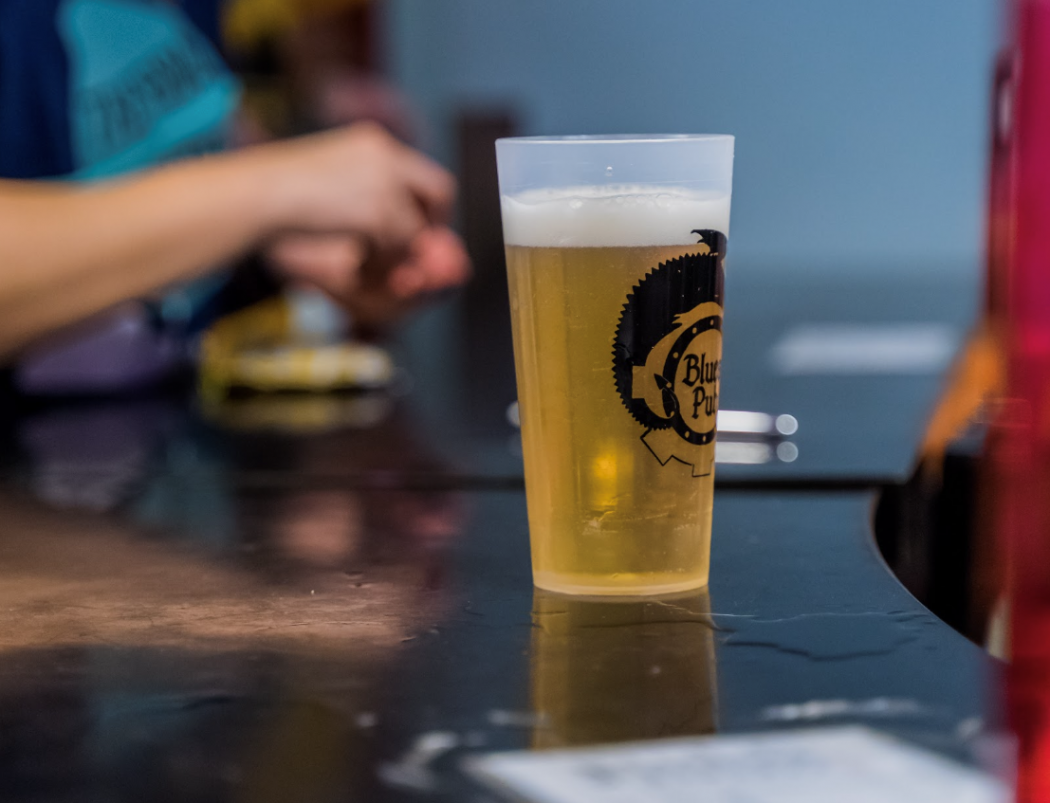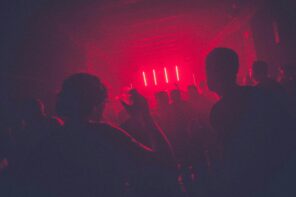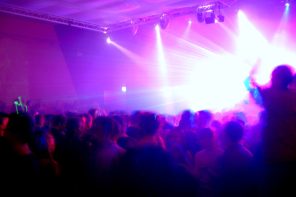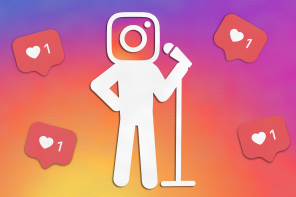The summer before my first semester of college, I came home from work as a hardware store cashier one day to my dad arranging a line of nips on our kitchen counter. There was tequila, vodka, whiskey, scotch, and two different kinds of beer. The only major alcohol type absent was wine, and that was only because I already regularly consumed it at church. My dad poured me a little of each type, had me sample each one, explained the brand and the taste. He said he was “taking the mystery” out of alcohol, trying to curb the temptation to go overboard.
It was a parenting tactic for an eighteen year old college freshman. It did take the mystery out, but he didn’t know I already felt no temptation to go overboard. At eighteen, I was alert to what alcohol would do to my safety and dignity. I’d seen the movies, heard the stories on the news and from friends. The college experience I pictured for myself was not one of wild nights, and although that’s pretty much what turned out to be true, it was not as simple as I pictured; the fear I had of getting drunk would come back to bite me in a more personal, less dangerous or scary way.
Despite my uneasiness, I signed up for Frosh, but I only attended a grand total of two events. I was more turned off from drinking than I had ever been. I was already uncomfortable being around new people, but even more uncomfortable because all of my peers were wasted and I had never seen anyone wasted. My future classmates were a mystery to me- both slow and dangerous, emotionally volatile and unpredictable, embarrassing themselves and also entirely lacking self-consciousness . On what was supposed to be my third day of binge-drinking during Frosh, I attended a pre-game at a frat house and left half an hour in.
…although I knew I didn’t want that kind of college experience — I had no interest getting black-out every weekend — I also couldn’t help but feel some burgeoning jealousy.
In my first year of university, I lived on the first floor of an Upper Rez building- the closest room to the common area, where all the pre-games were held. I knew no one in my Rez and so I didn’t join in on their Tuesday, Thursday, Friday, and Saturday night pres. As I navigated through the drunk crowd, giving directions to slurring strangers, and as I watched them all, hungover but laughing and just together in the cafeteria the next morning, I was both envious of them and disgusted. They were having the college experience I was not, and although I knew I didn’t want that kind of college experience— I had no interest getting black-out every weekend — I also couldn’t help but also feel some burgeoning jealousy.
My second semester, I joined a sorority, and the week after, I went to my first mixer (a party of one fraternity and one sorority). I stood in a corner and just tried to observe. I was again turned off by the loud, emotionally volatile, sloppy drunkenness and jealous of their ability to just have fun and let go. I had fun at the mixer, but in the back of my mind there was also the nagging feeling that I could have had more fun. I was stuck between two poor choices. Drinking felt wrong and potentially dangerous, but remaining sober felt like missing out.
They say at Frosh that you can be sober and have fun, that you don’t need alcohol to make friends in Rez, but you tend to be in the minority and on the periphery of social situations if you’re not drunk.
This year, I began to regularly attend Blues Pub, the Friday pub hosted by the Engineering Student Society, on a weekly basis. At first, I drank maybe one sangria over the five hours Blues is open. I was around a new group of people, and I worried about making myself look like an idiot. But it was a much more comfortable experience than Frosh, or Rez, or even my sorority mixer. I was anchored in a solid and defined group, sitting down and physically comfortable, with no expectations that I had to get wasted. It was really the unspoken pressure to get blackout drunk, rather than the pressure to drink, that I resented. They say at Frosh that you can be sober and have fun, that you don’t need alcohol to make friends in Rez, but you tend to be in the minority and on the periphery of social situations if you’re not drunk. It had become a matter of pride- I would not do something I didn’t want to just to make people like me more. I wouldn’t put myself in an uncomfortable position— one I perceived as potentially dangerous — to make friends.
Sober Danielle hates dancing; drunk Danielle hates dancing.
But I’m glad I didn’t. This year, I’ve finally gone to my first bars and my first club and finally discovered how drinking works for me. As scared as I initially felt going wild, of losing myself and getting myself hurt, I found that drinking changes little for me. Sober Danielle hates dancing; drunk Danielle hates dancing. Sober Danielle doesn’t like talking to new people; drunk Danielle doesn’t like talking to new people. Sober Danielle doesn’t like hot, crowded, uncomfortable places, and neither does drunk Danielle. Drunk Danielle laughs more, has less of a filter and is really, really sleepy. But she’s still Danielle and she’s not at all jealous of the first years blacking out in Upper Rez.
For me, the fear of getting hurt and the fear of looking like a fool held me back from drinking, and it made me look down on those who were getting blacked out, while being jealous of them. The fear-mongering, especially for girls, in the media, universities, and parents, gave me such an unhealthy view of what drinking was like. I was being smart and safe and a good kid like I was supposed to; why couldn’t they? The kids who were blacking out were drinking the way they wanted to, making choices they wanted to; I should have been making the choices I wanted to, by taking my time slow, without being afraid and judgemental. Jumping in “head first” to the college experience is a bad idea; so is trying to make kids afraid of themselves. You need to have faith in yourself and in your ability to stay informed and safe and take care of yourself. Everyone grows up and finds their relationship to these threatening adult vices. It doesn’t necessarily have to be scary, especially when you’re growing up in Blues Pub








